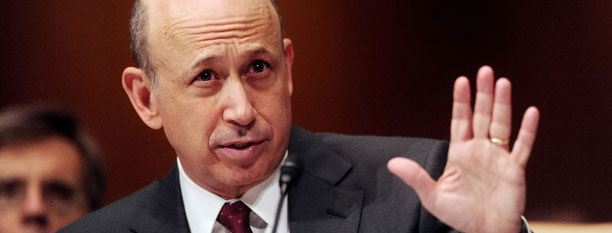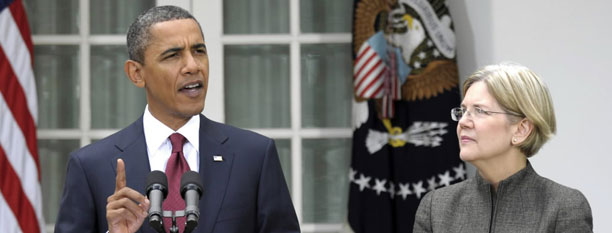The top U.S. futures exchanges expressed confidence that a revised plan to clamp down on commodities market speculation will not unduly burden the market.
The comments on Wednesday by the chief executives of IntercontinentalExchange and CME Group were more optimistic than in the past, when exchanges, banks and other market participants sharply criticized the U.S. Commodity Futures Trading Commission’s plan. Get the full story »






